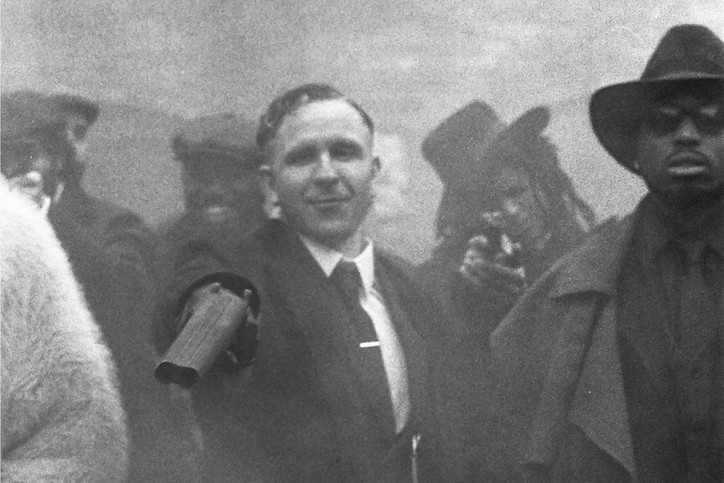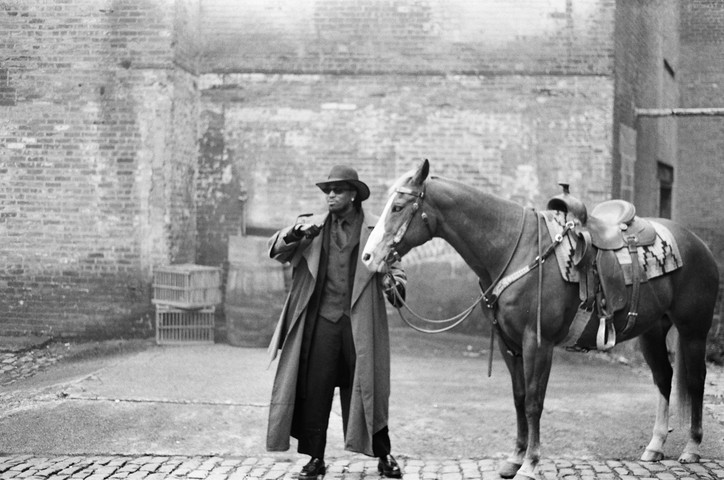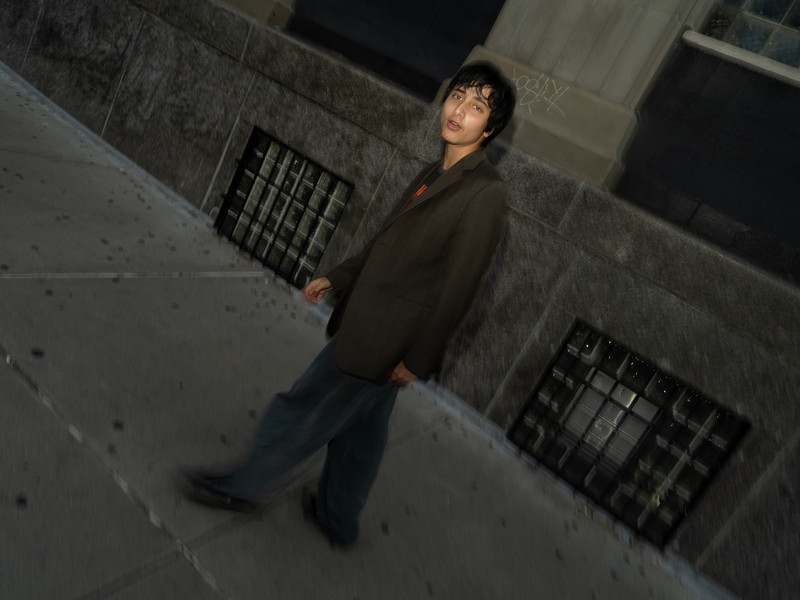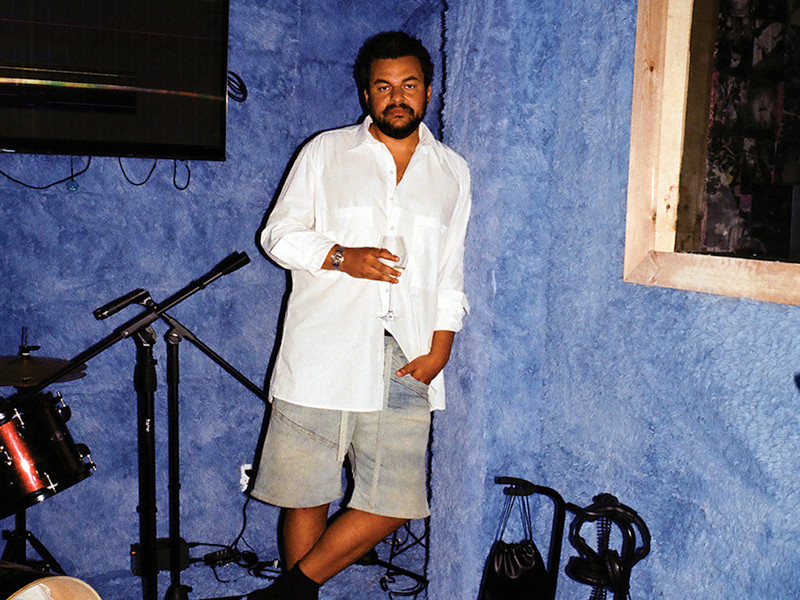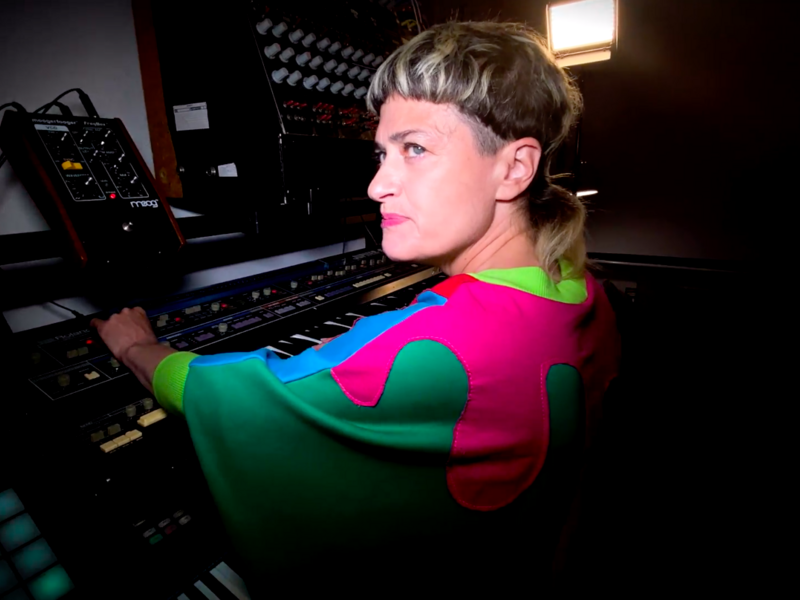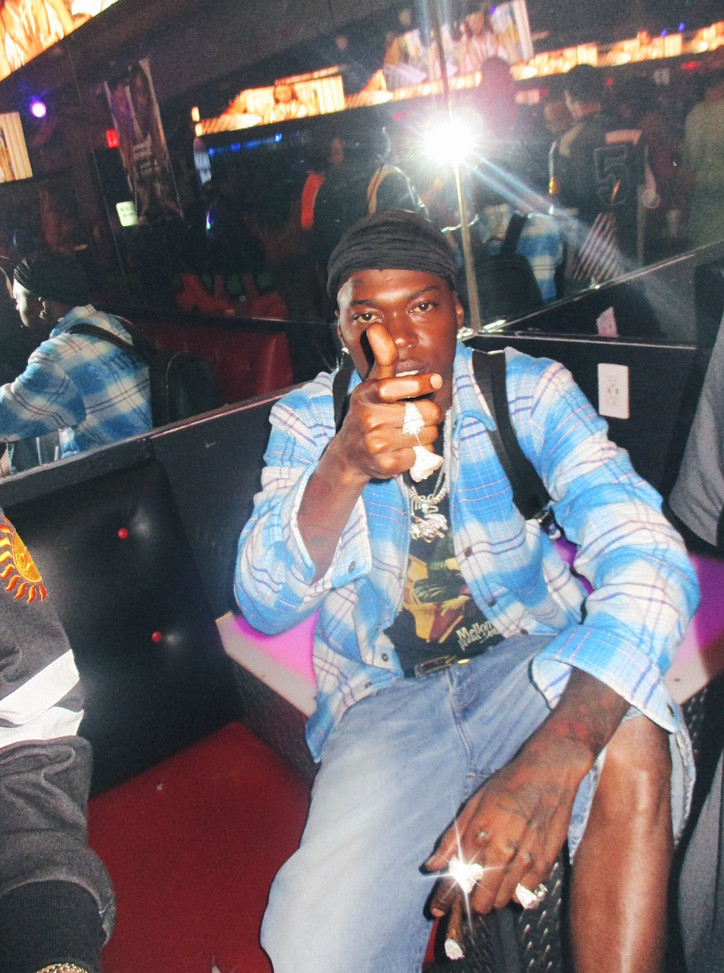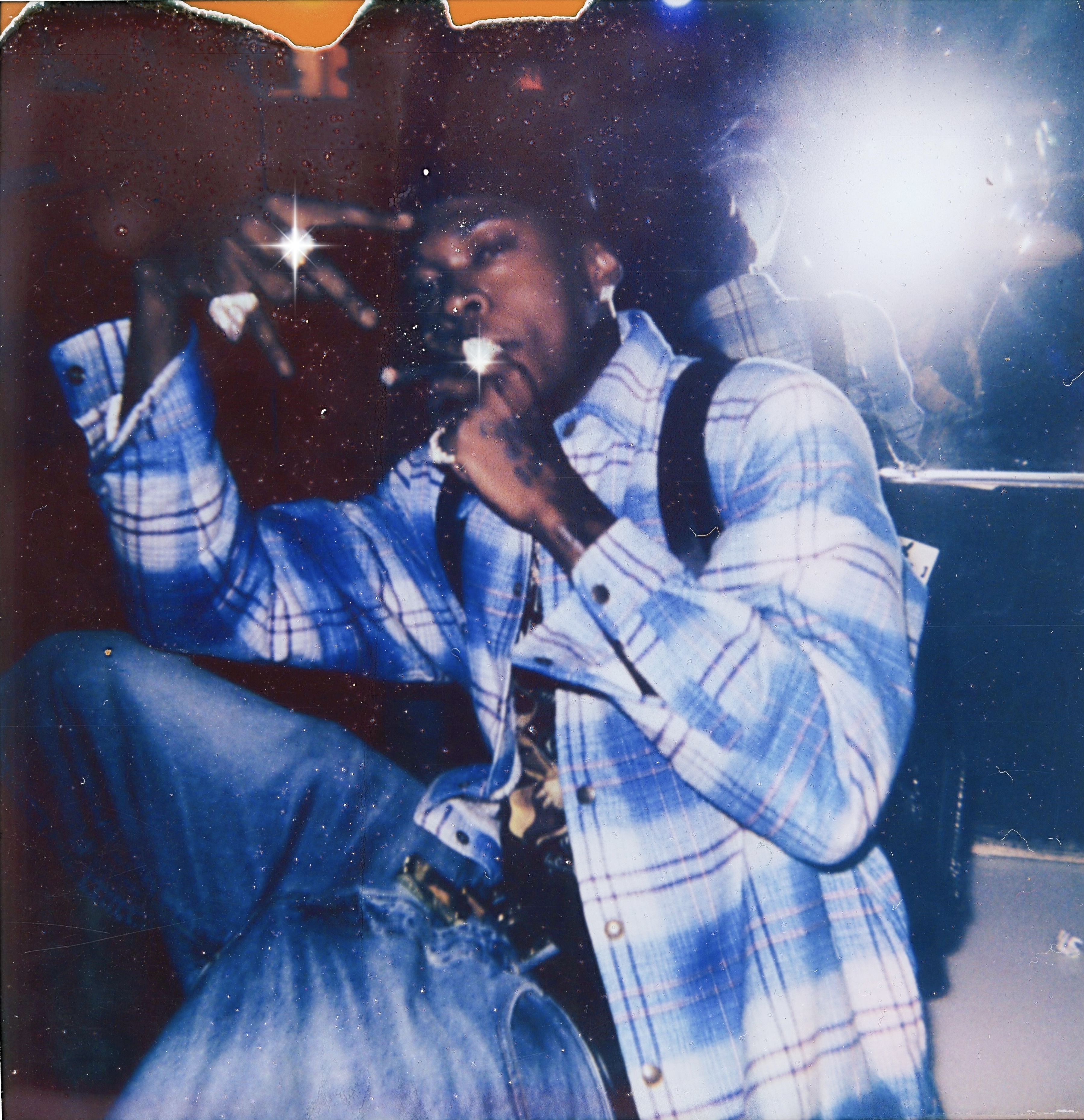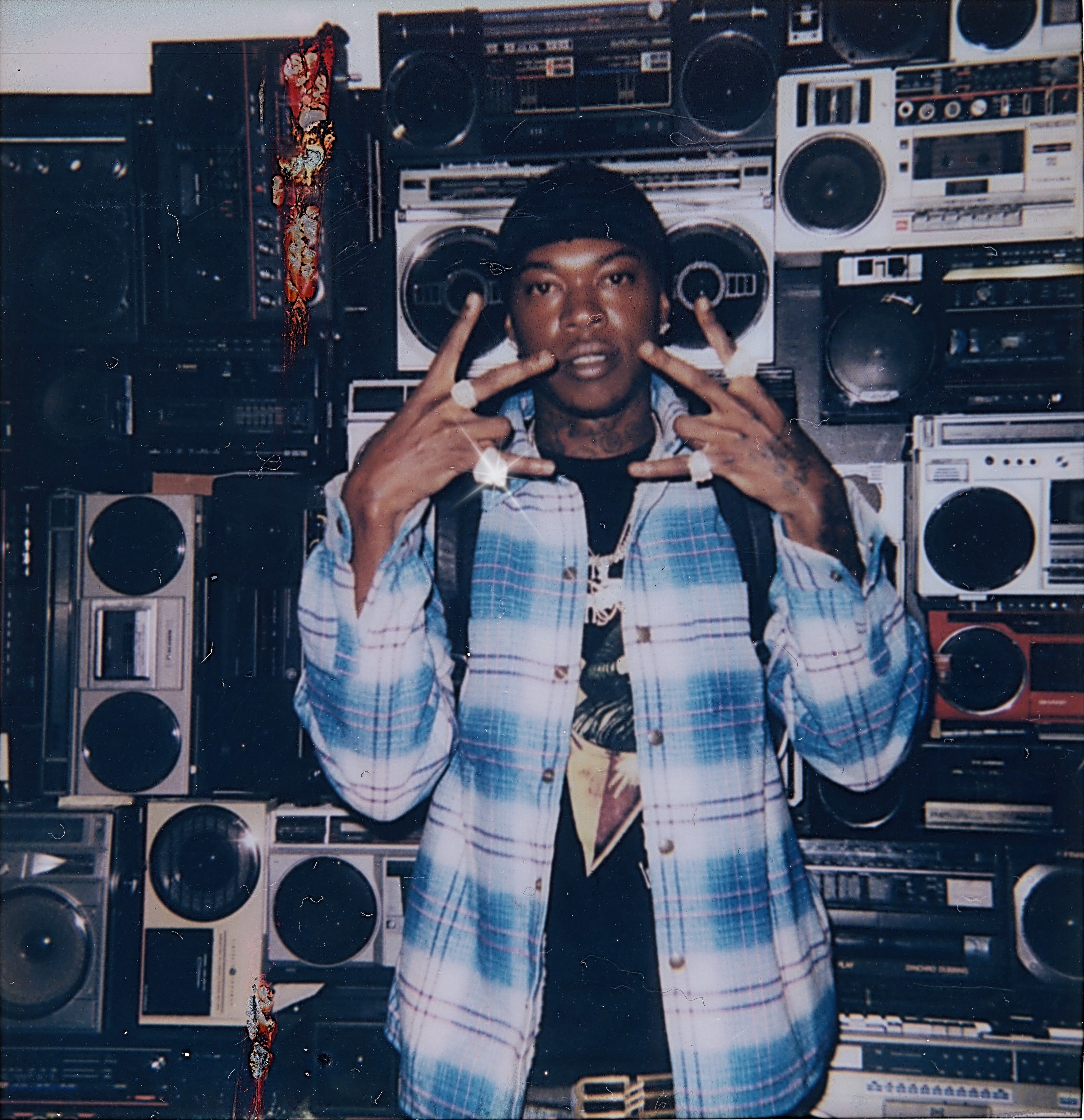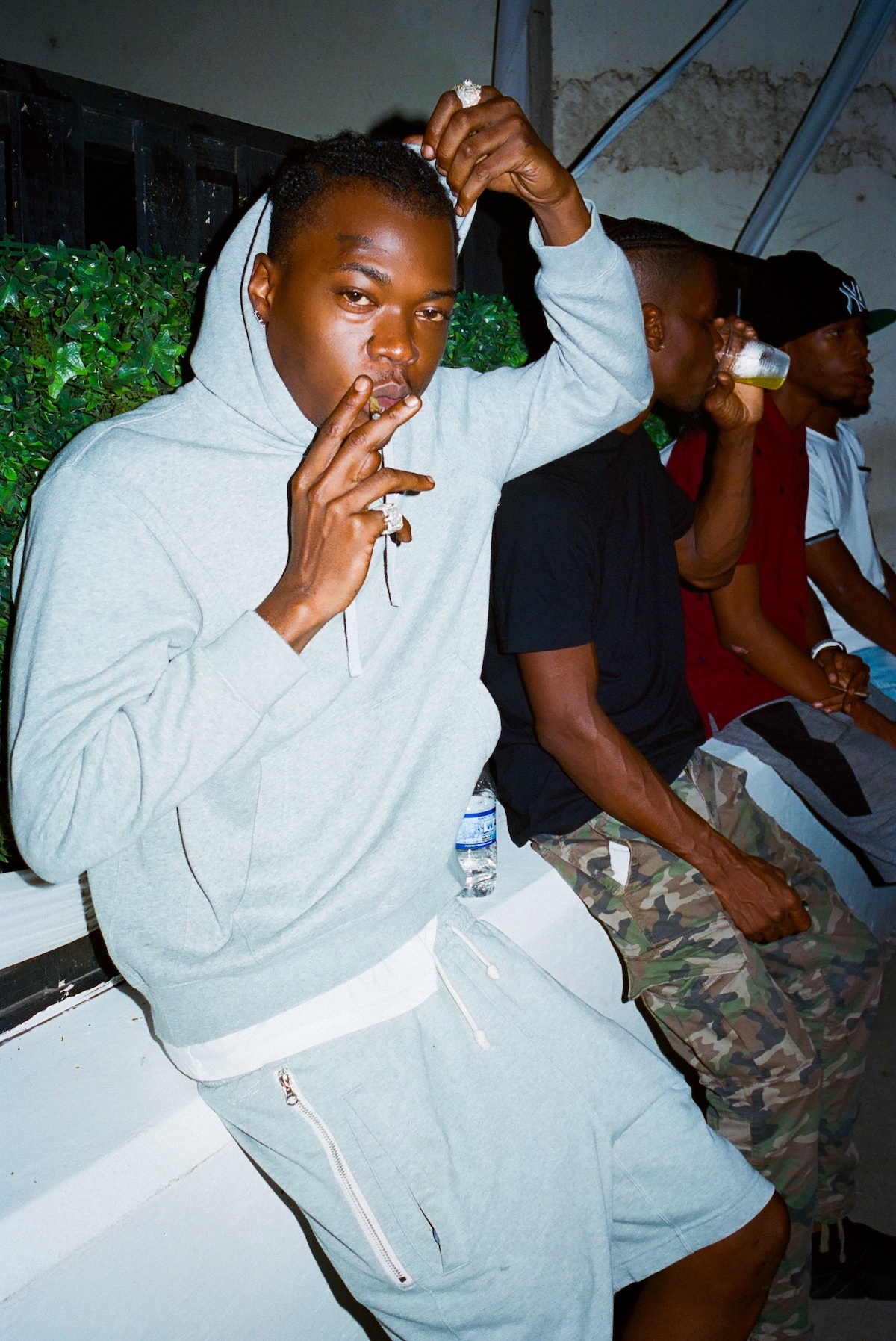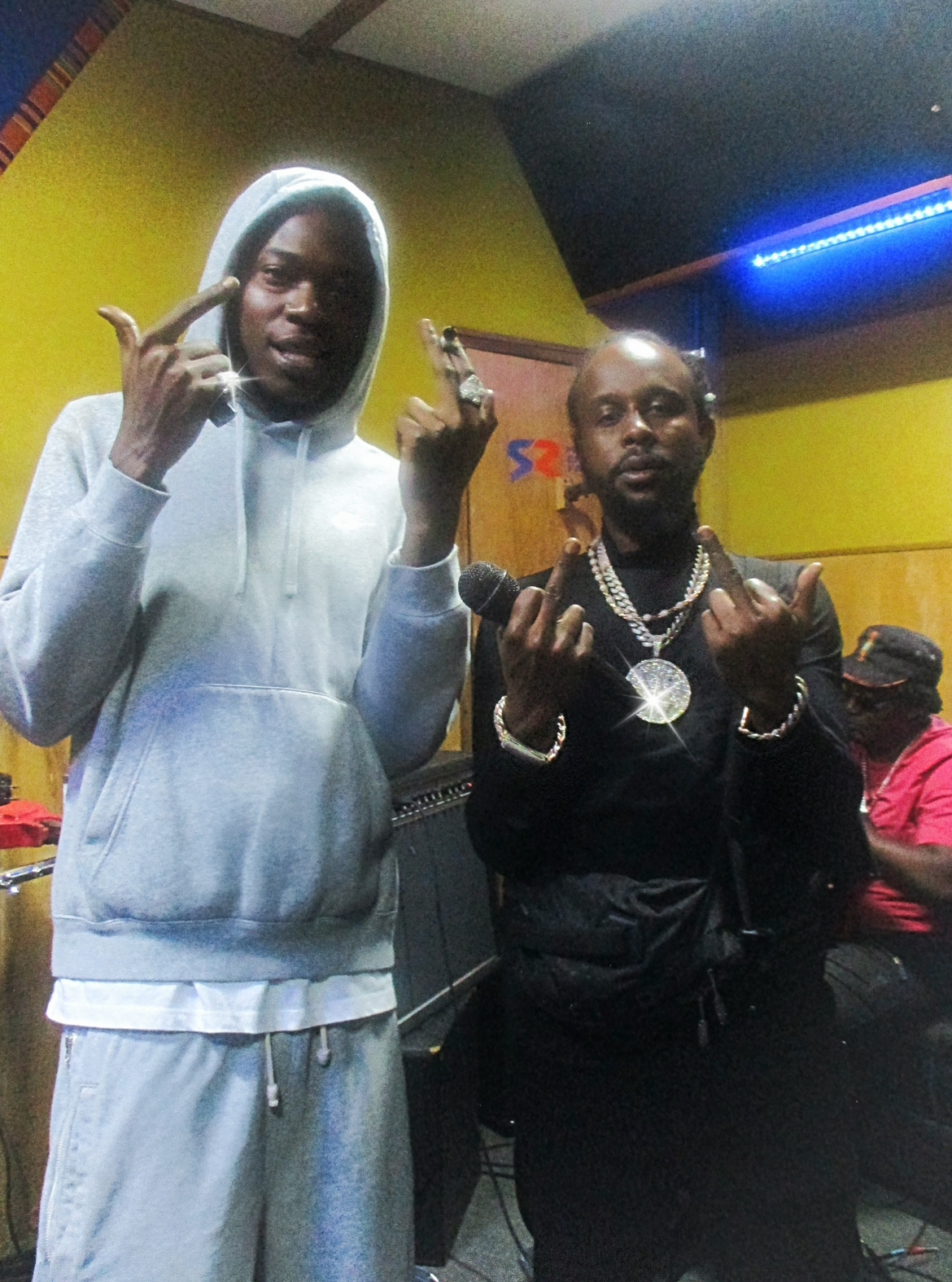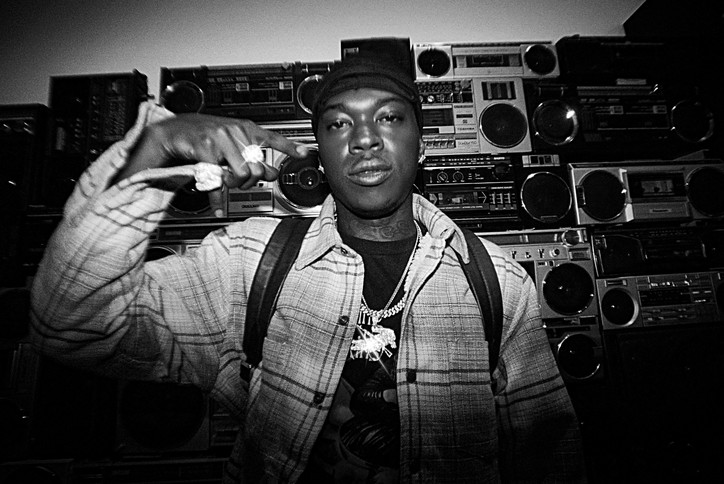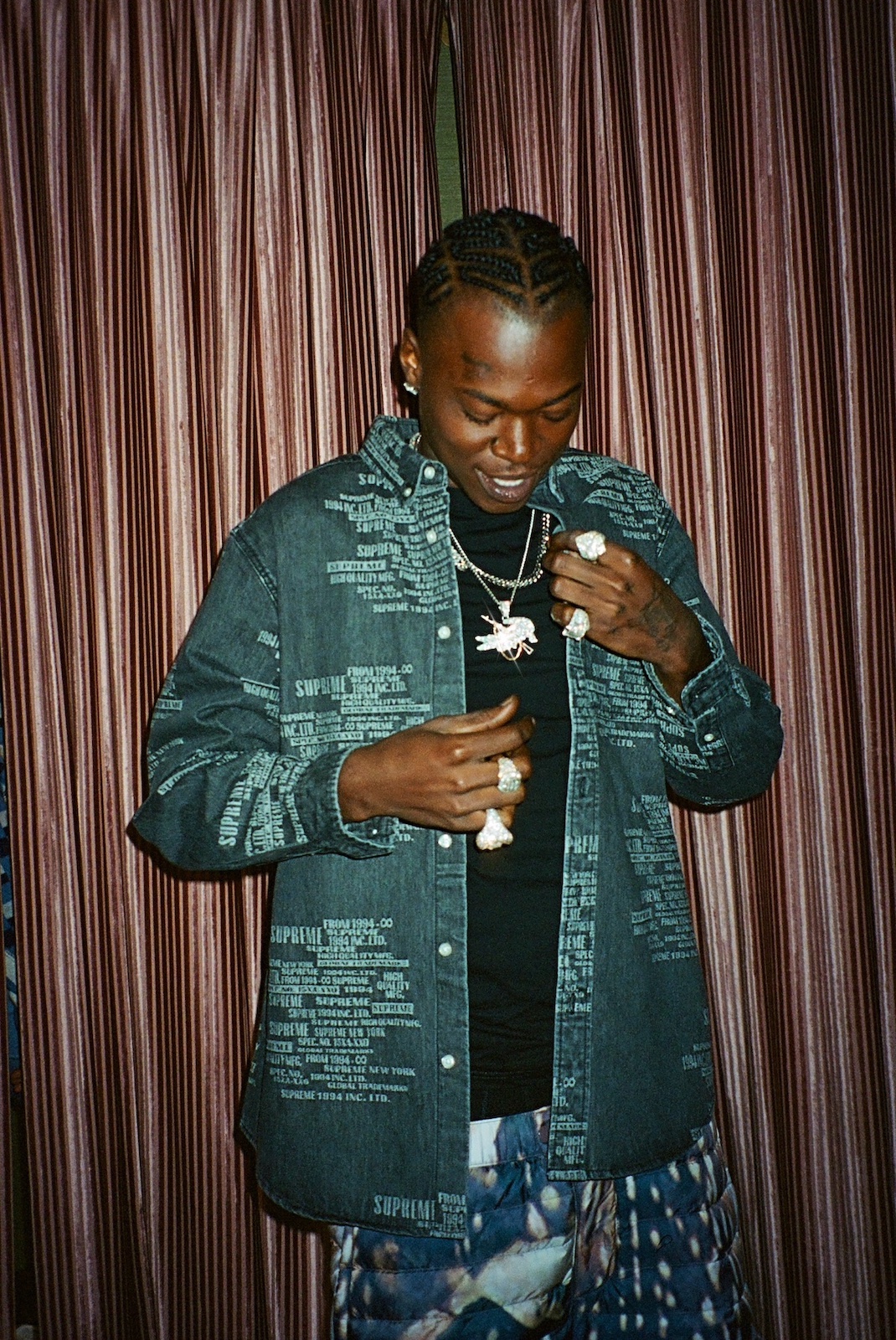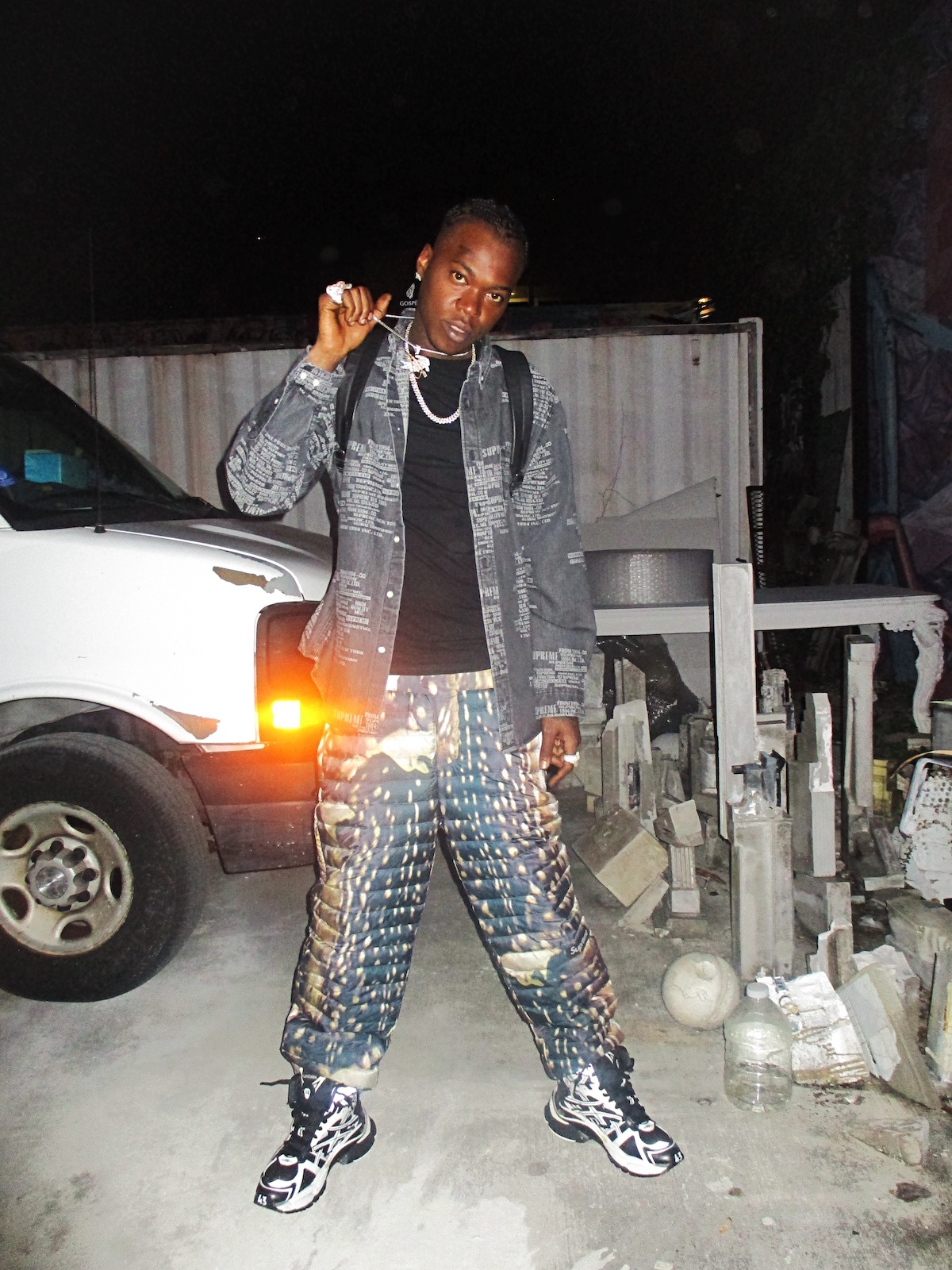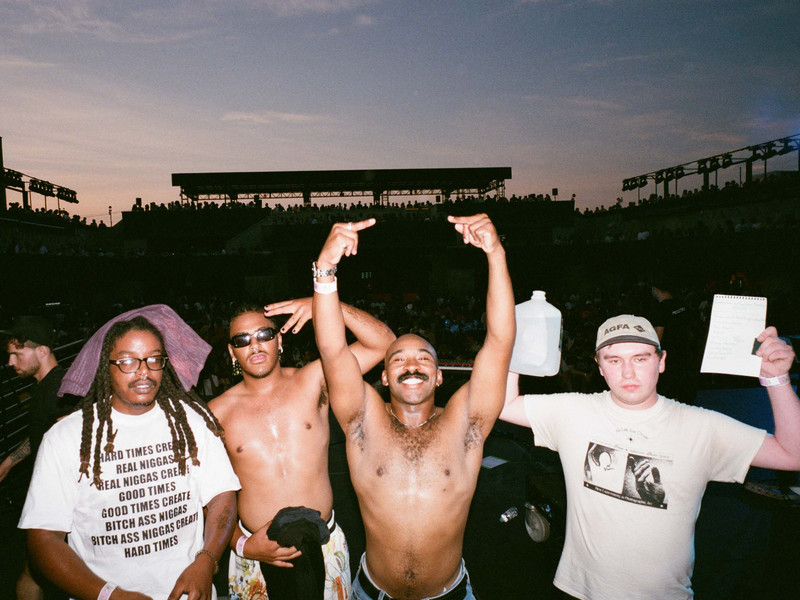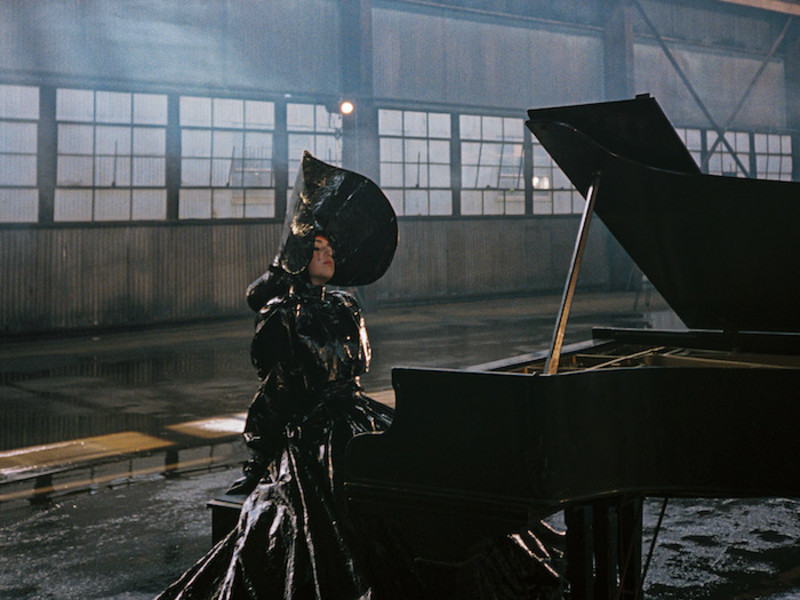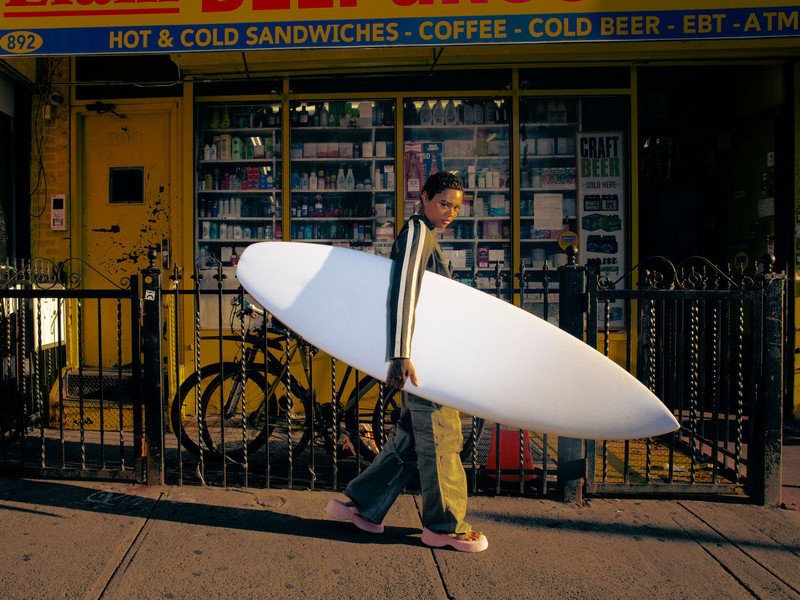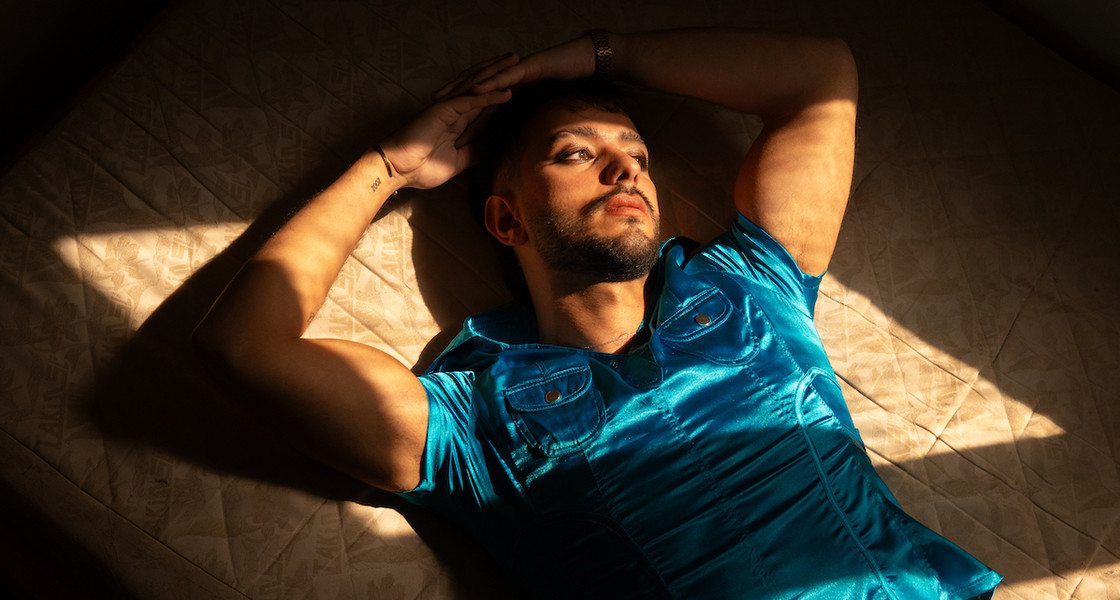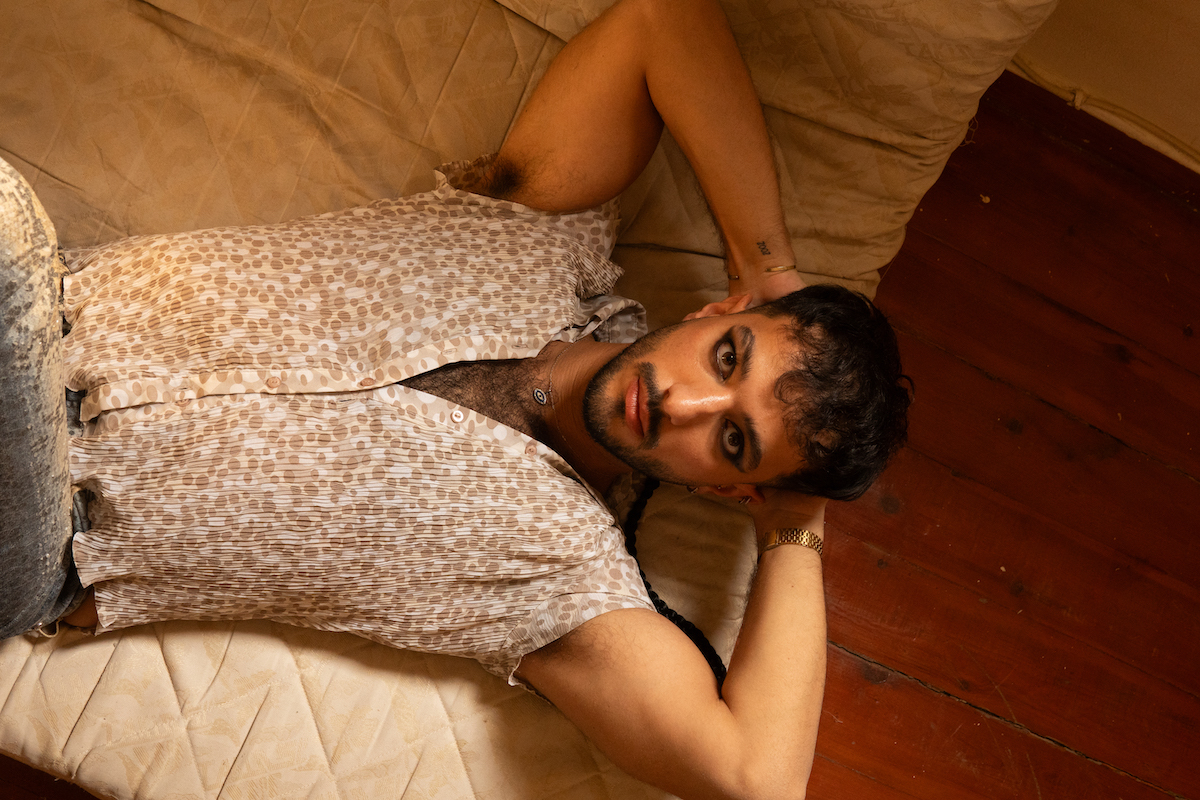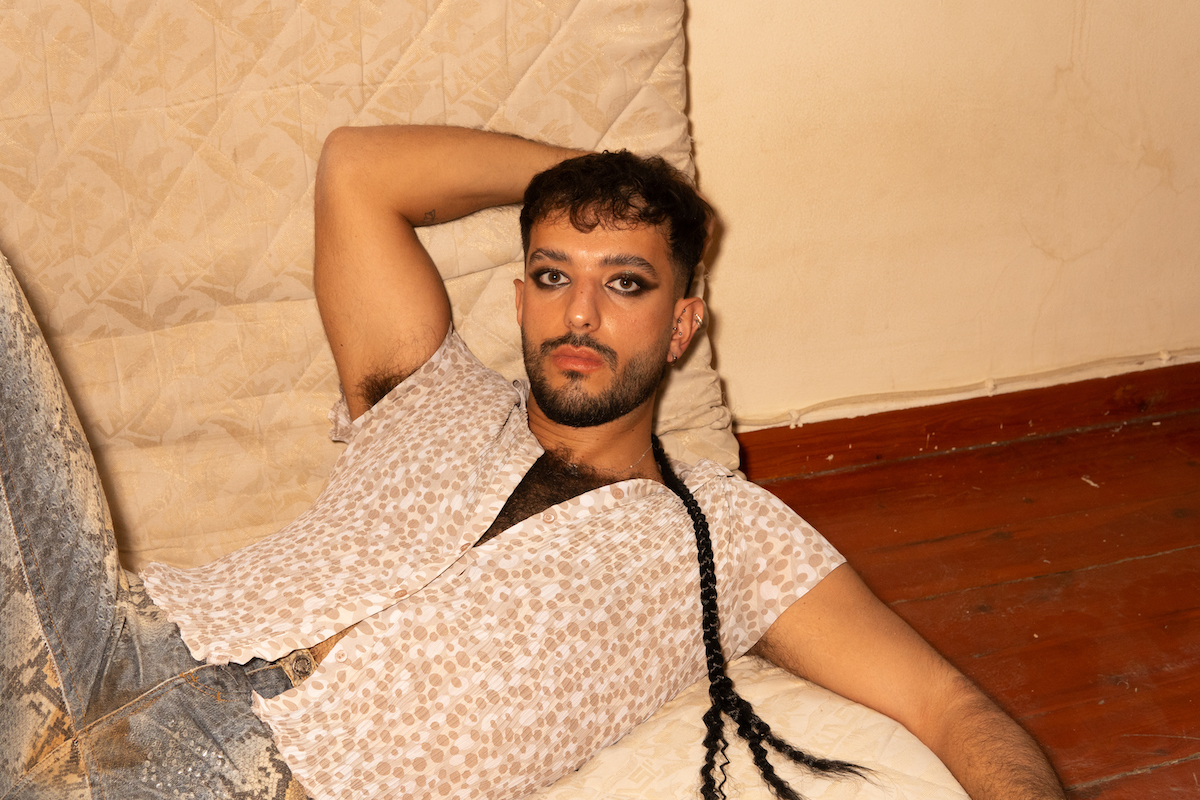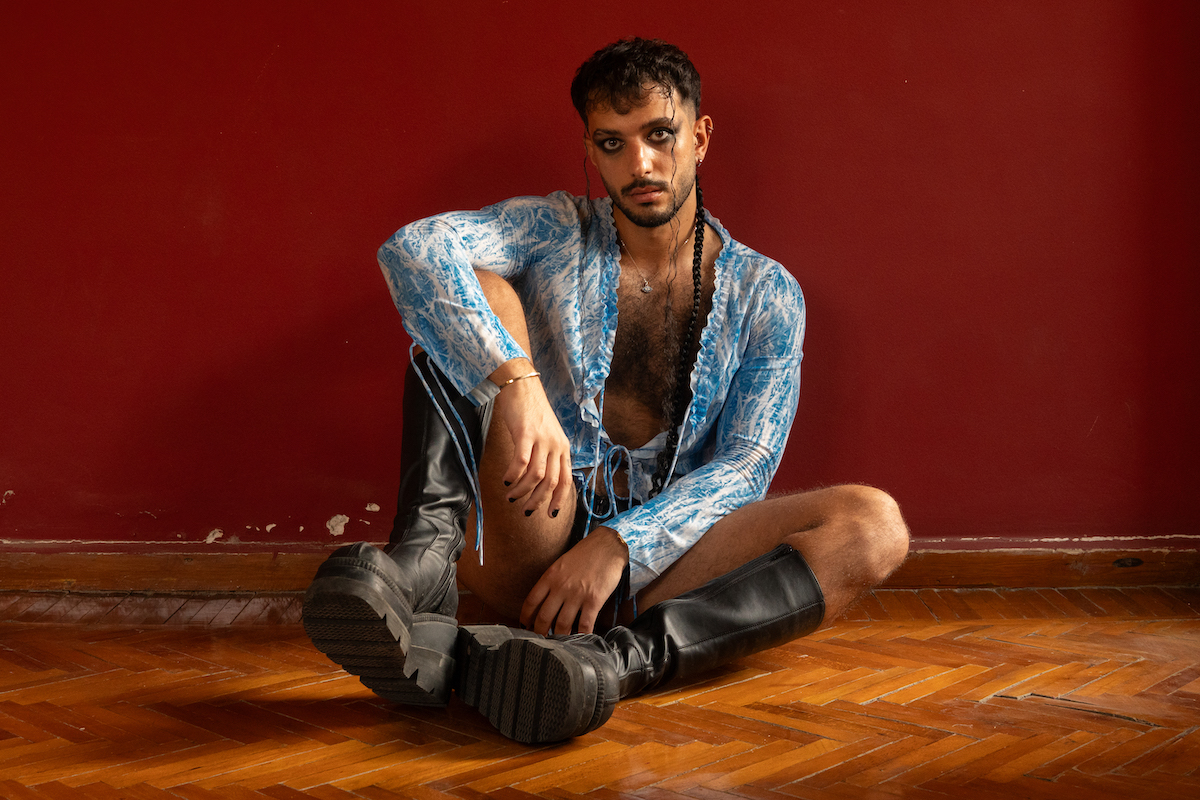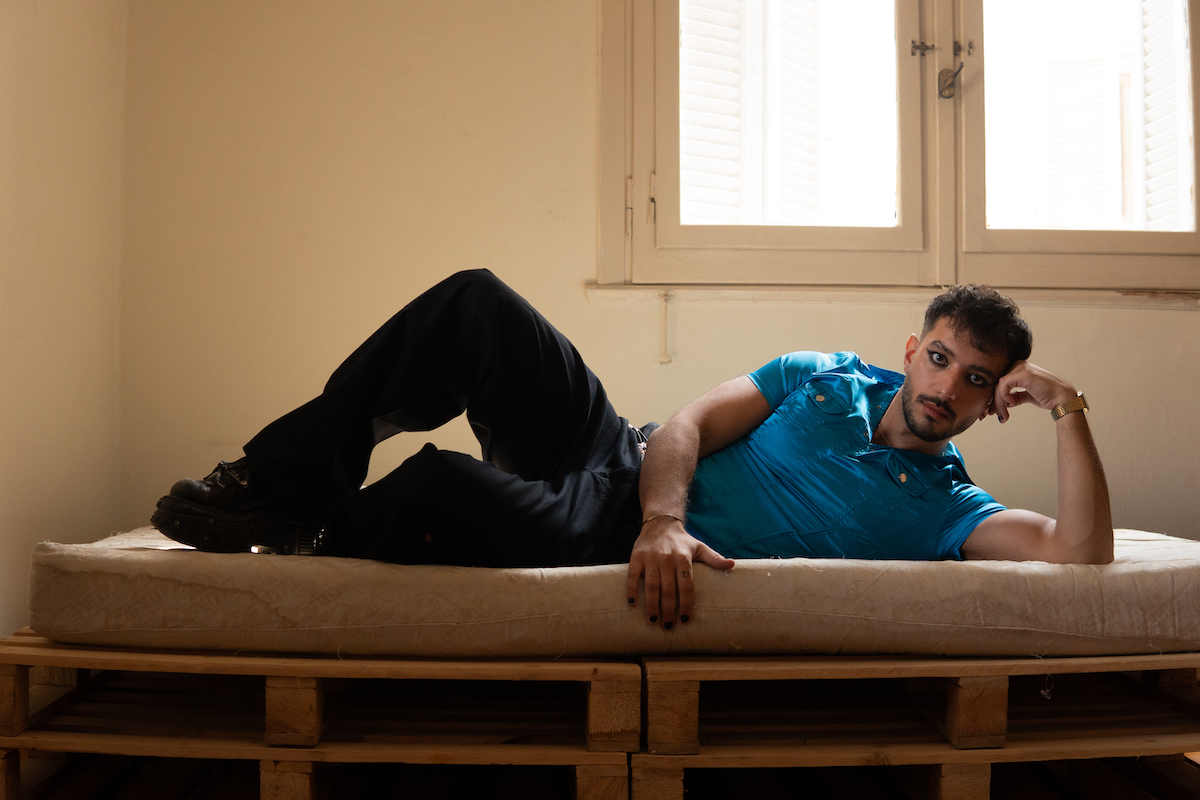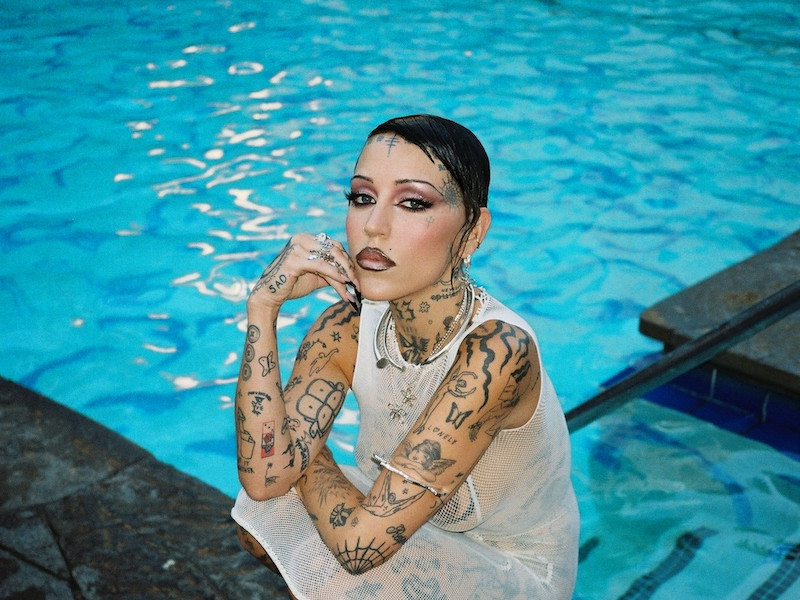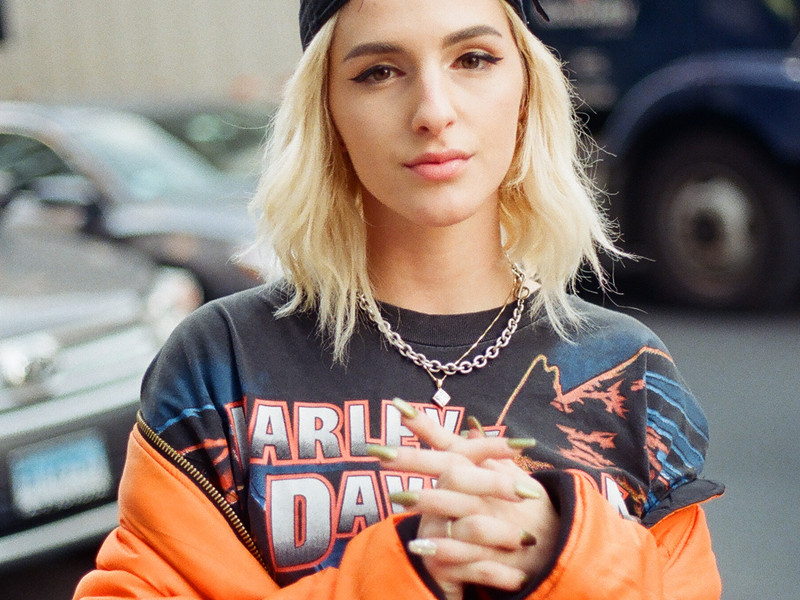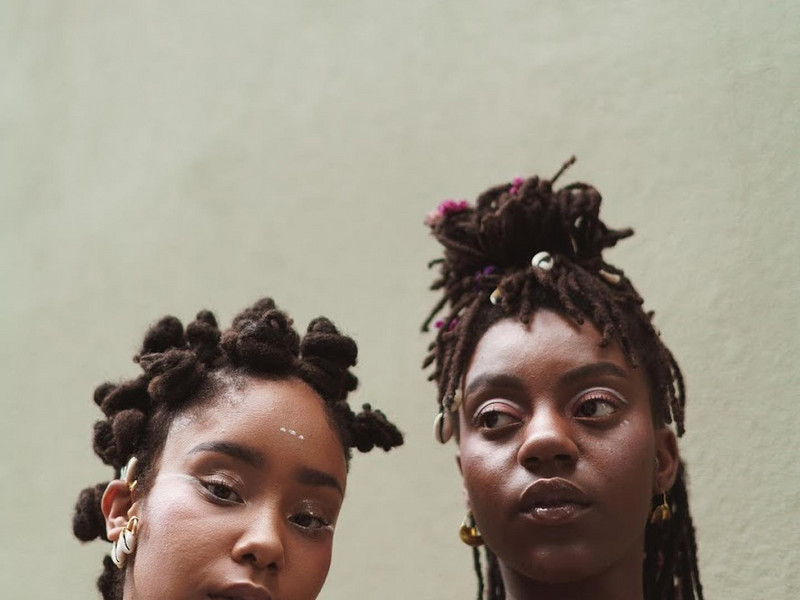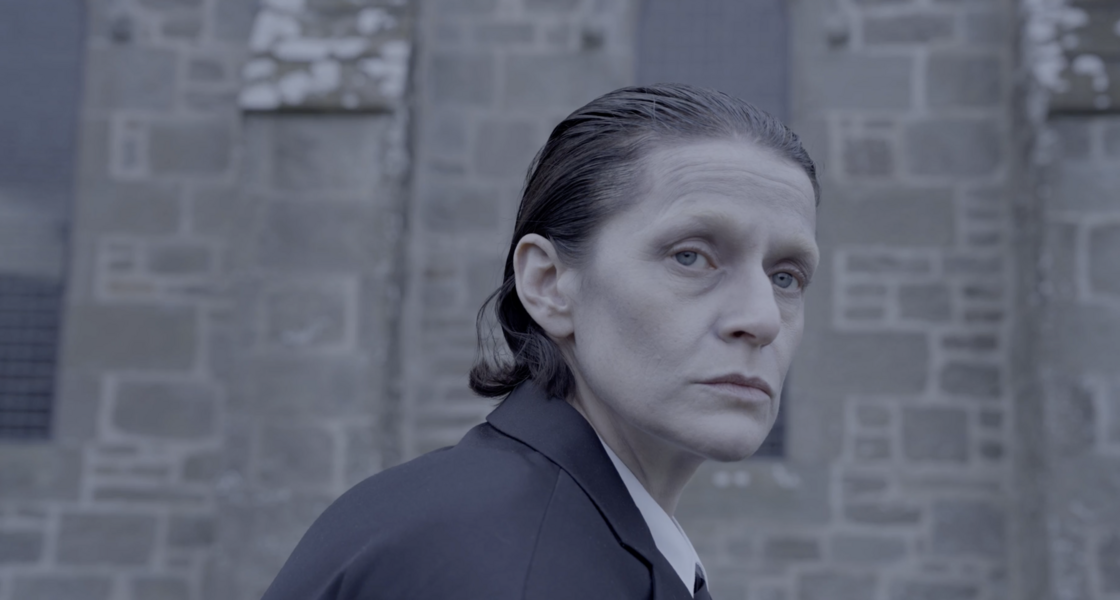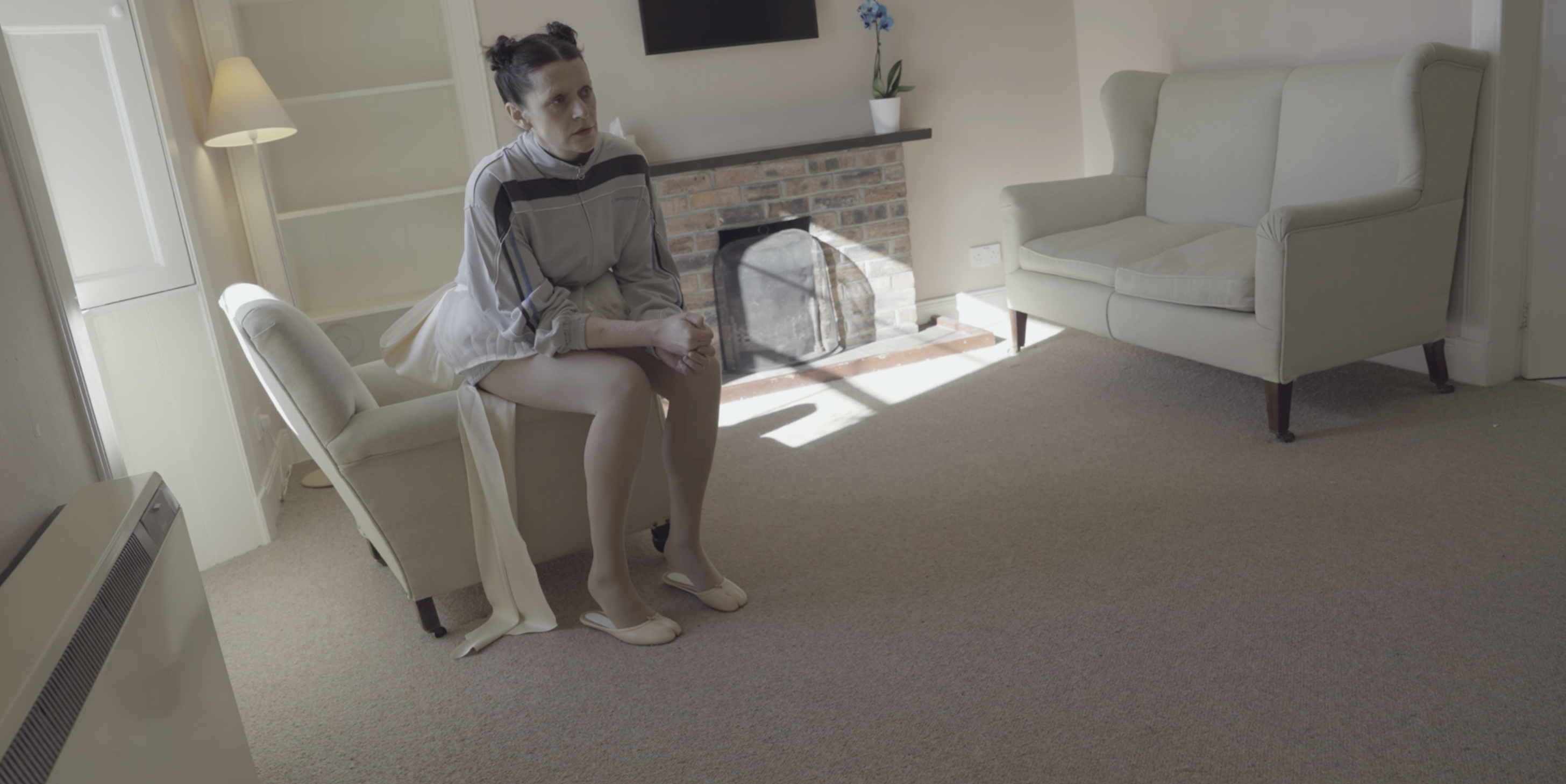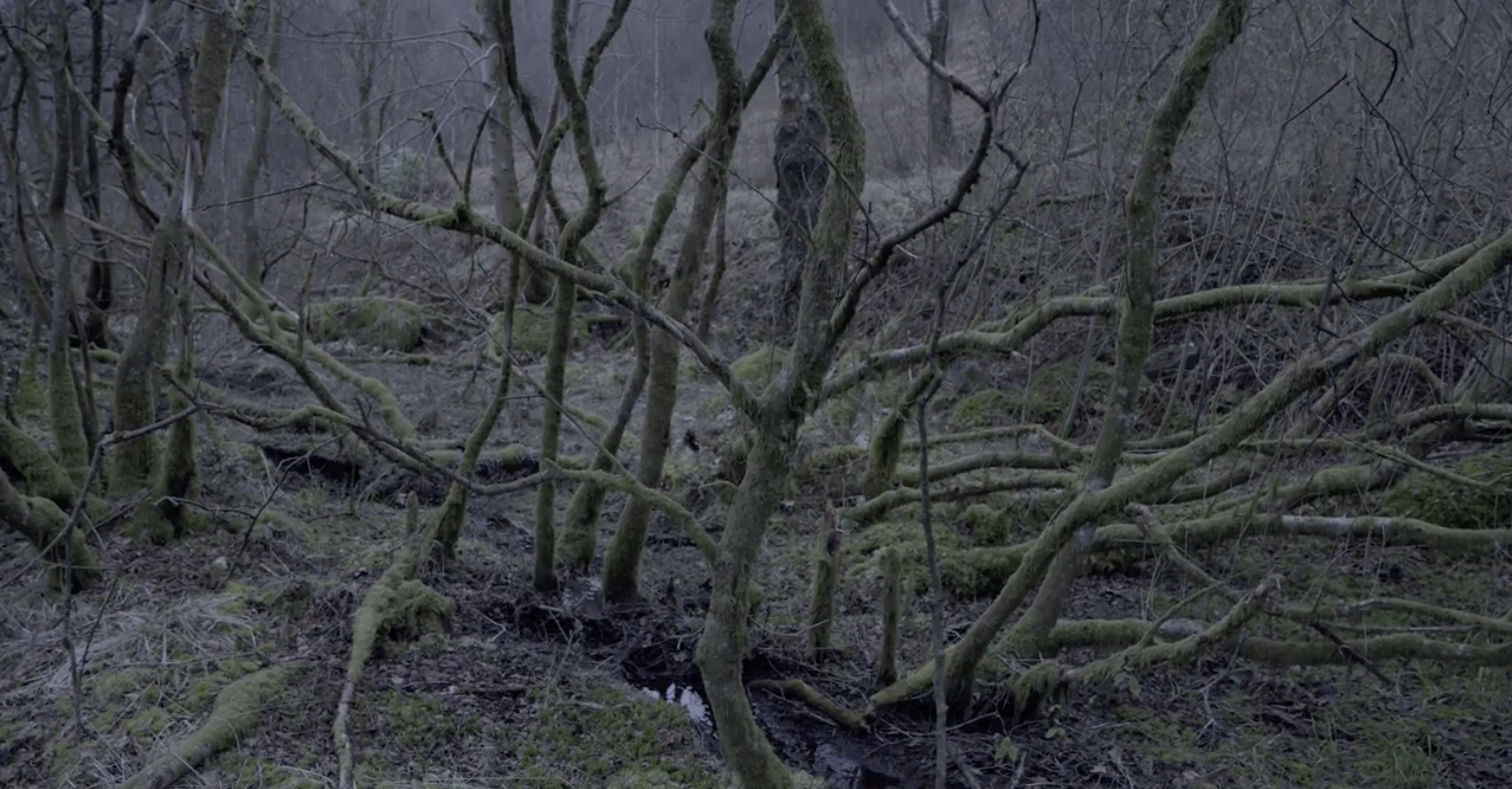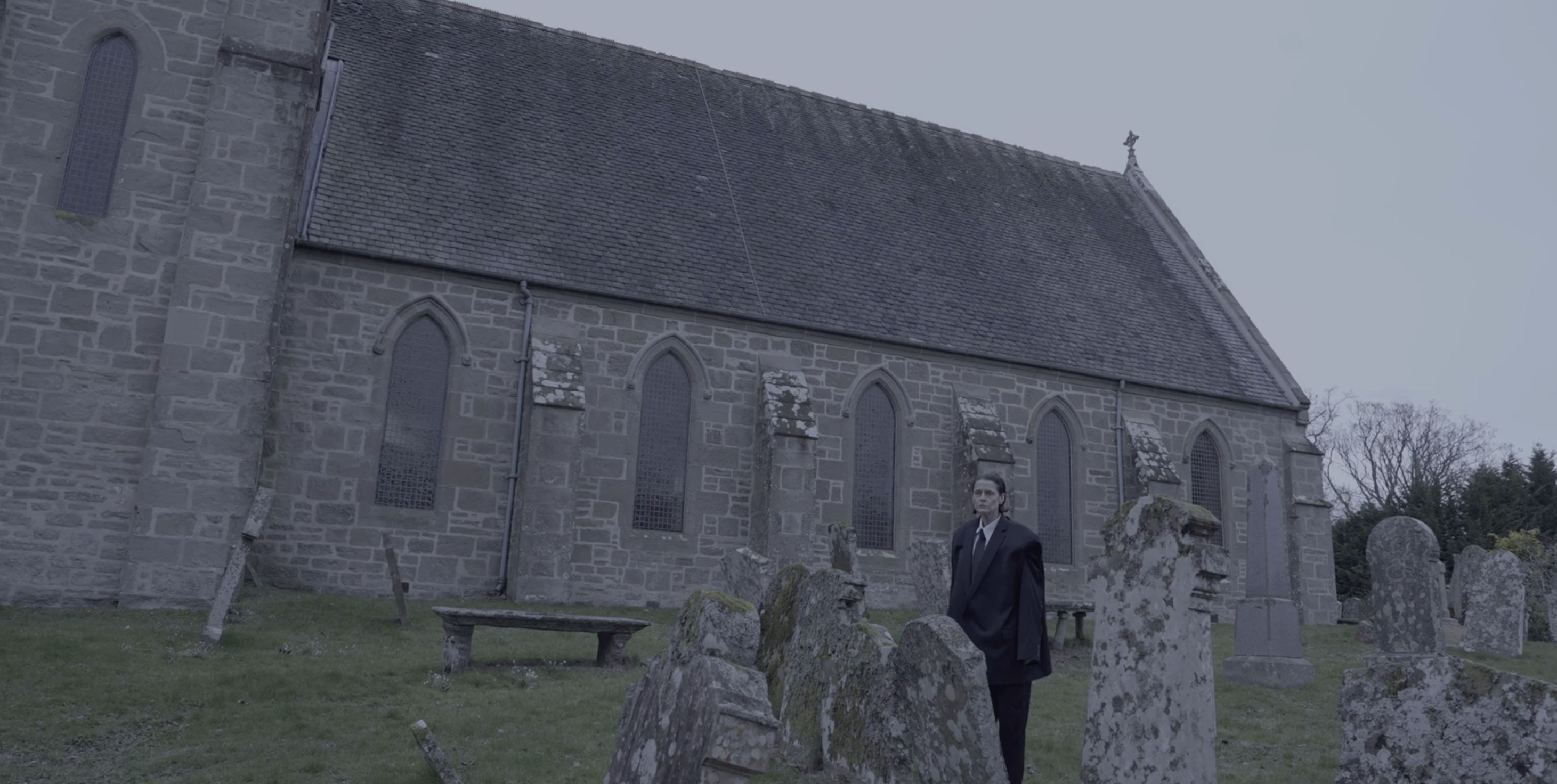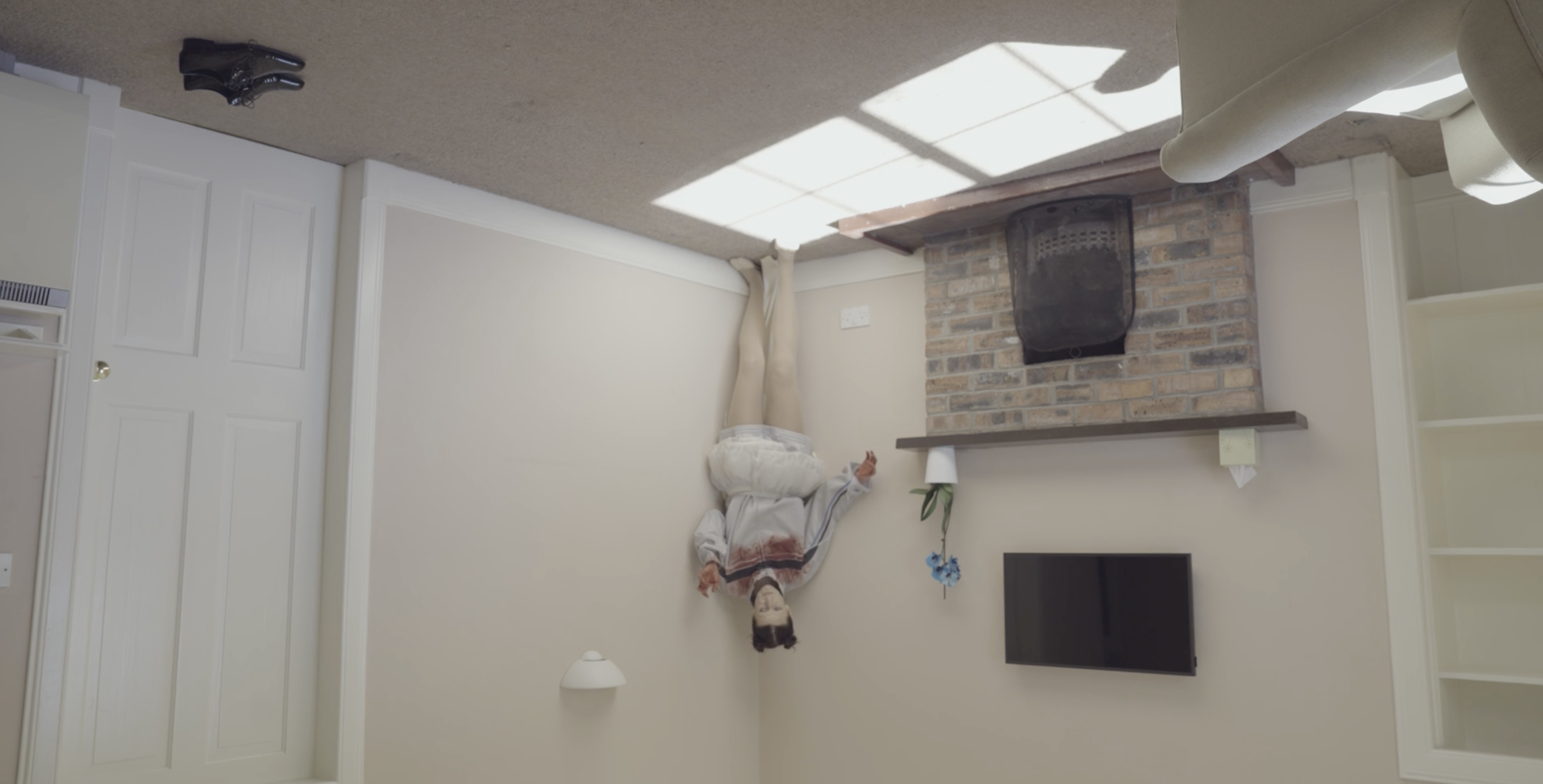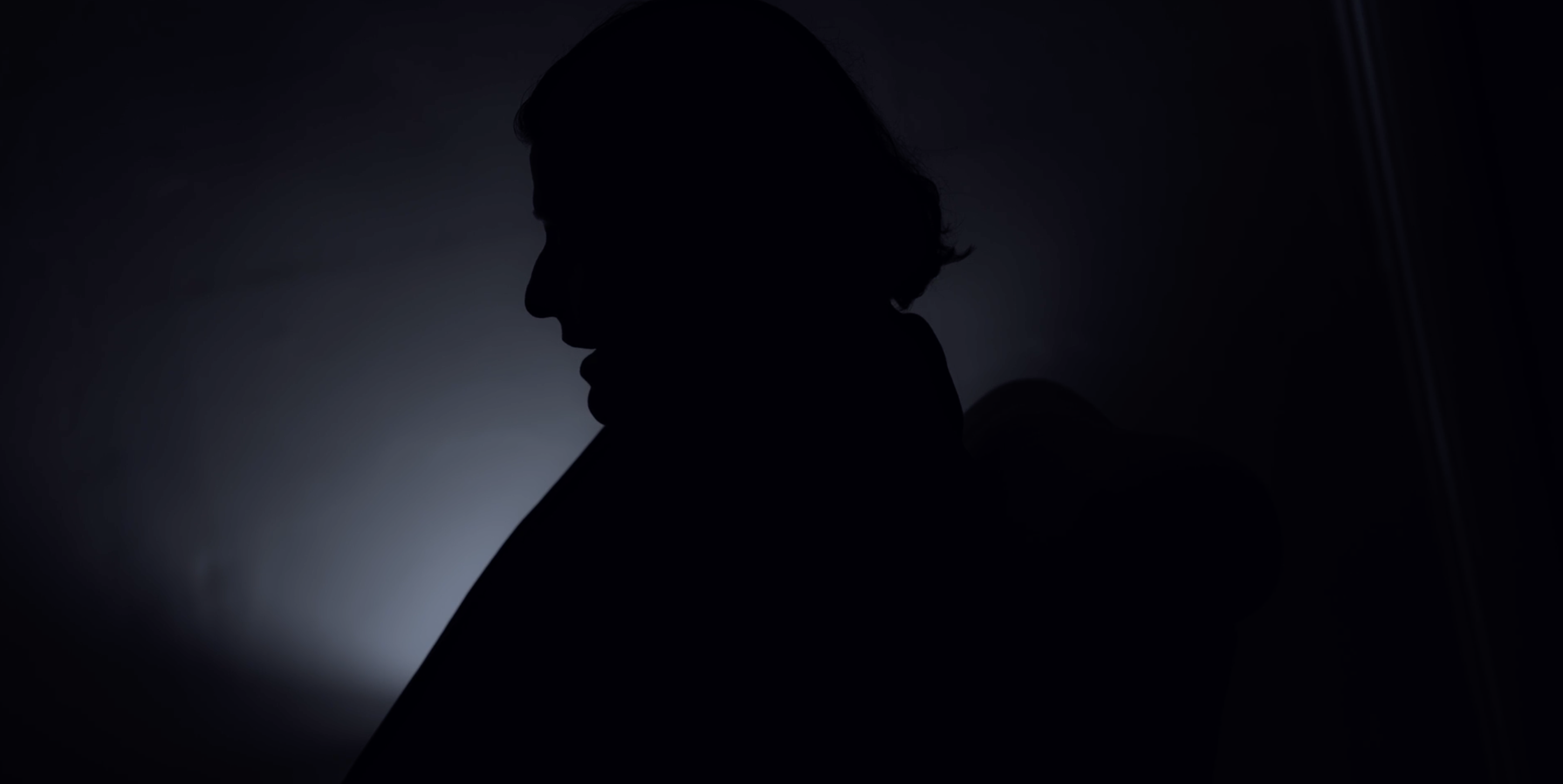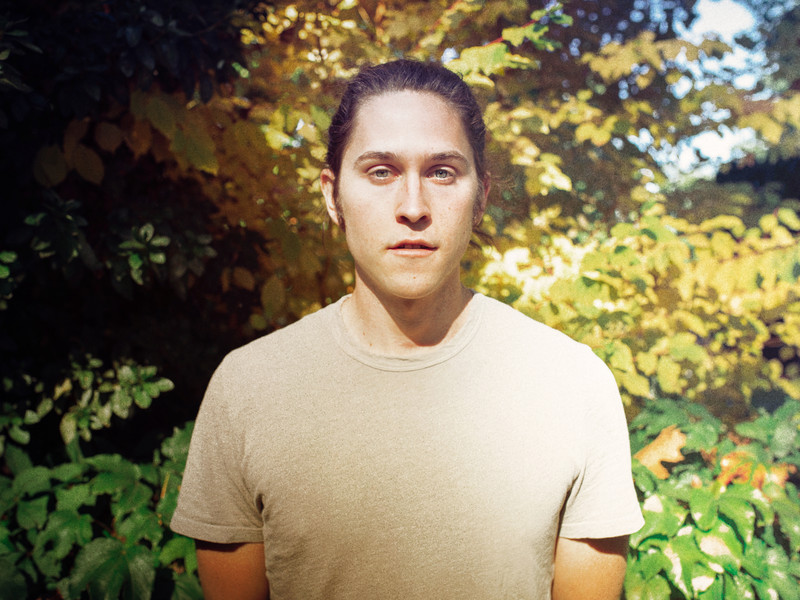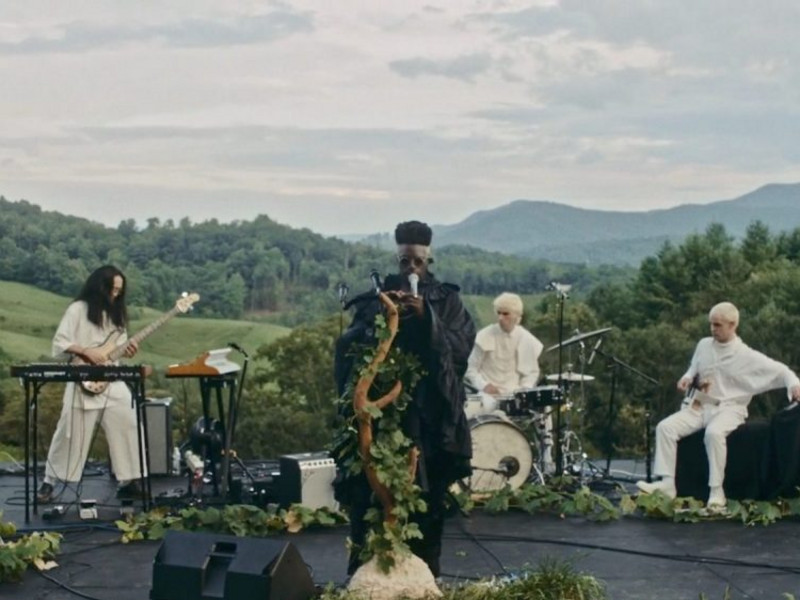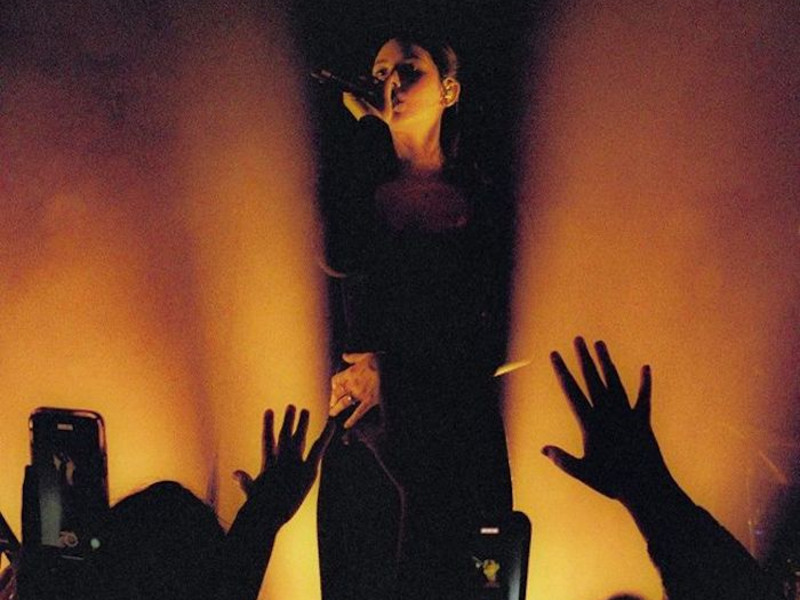What’s been your approach to learning and growing as a music artist?
I think on the one hand, I’ve often tied my musical talent and ability to qualifications, so I was always chasing this idea of being formally trained in Arabic music, as many traditional artists do. I do really enjoy focusing on traditional Arabic singing, for the way it highlights the maqams,* and for how long and sophisticated the finished piece turns out. So after I graduated from university, I moved to Lebanon for a longer period of time to start vocal training. I took courses at USEK, the Holy Spirit of Kaslik with Ghada Shbeir, who specializes in Arabic, Syriac, Arameic music and muwashhahat(a poetic form that uses complex rhythms originating from Al Andalus).
But at the same time, I didn’t want to be tied to a certain curriculum that focused exclusively on tarab.** I wanted to learn about pop singers too! I listen to Assala, Sherine… I mean, Haifa Wehbe, one of the most iconic pop singers, got a lot of media backlash at first because she wasn’t technically trained in tarab like most musicians at the time. But that welcomed this era of Arab pop stars like Marwa, Myriam Fares, Nancy Ajram, Nicole Saba, where it became just as much about their image as their musicianship.
*A 24-tone melodic mode system, consisting of microtones, built on a scale of 7 notes.
** Loosely meaning ‘enchantment,’ tarab is a traditional artform that unfolds as a long, stirring musical performance that coaxes the audience into a state of rapture.
So it’s about honoring the old and new, for you?
Yeah, and this is something I’m exploring currently in my own music, embedding maqams into my sound as a way to preserve the culture. There’s an absence of sophisticated maqams in Arabic pop music today. I want to be able to take classical Arabic music but make it my own, as someone who grew up in London, and bridge the identities.
When was the moment you started to view yourself as a music artist, or take your singing seriously?
A few years ago, I went to a Pride of Arabia party in London and it was the first time I felt that being Arab and queer could coexist. What I loved about the community was how we were able to speak in Arabic to each other. Language is so important to me. That — as well as Pxssy Palace — was a space that made it seem more possible that there was an audience for my sound.
There was this one performance I eventually did at a Pride of Arabia show — I wanted to embrace and highlight my femininity with an outfit referencing Haifa Wehbe. I’m so inspired by her as a performer and in terms of what she stood for: freedom. She’s one of those fierce women that stood the test of time despite getting shit in the media. Absolute icon.
At the show, I opened with "Ya Tayeb" by Angham, which I used to sing to my mum when I was younger, then I followed with a muwashah —partly because that’s what I’d gone to Lebanon to learn, but partly as a way of preserving the artform. I also sang an original song that I had written, an acapella. I remember feeling so loved and so supported as an artist; people were surprised, singing along, hugging me. That’s what encouraged me to move to Egypt.
I feel like we’ve both come so far since meeting in Cairo. What were you thinking or hoping that the city would bring, when you first made the move?
I remember I’d gathered a list of people to reach out to before arriving but had no idea what I was doing at the time. I just knew that I had some songs, I wanted to meet producers — three months and then I’m out. That three months turned into two years.
How do you feel that being in Egypt has shaped your sound?
So many ways! I’ve been lucky enough to take Oud classes with Hazem Shaheen, one of the most prominent independent artists in the Arab world, and I’ve attended Sufi zar performances…. I’ve also been practicing Tagweed and Talawat (learning the maqam through Sheikhs reading the Quran). I always wanted to take this and embed it into my own music.
I’d also say being here has guided my interest in music for healing. I took up classes with Mohammed Antar, an Egyptian ney (flute) player and specialist in the maqam tuning system, where we went through each of the different maqams. The approach was also from a spiritual healing perspective: what sensation or emotion does each maqam evoke? That resonated with me. I always talk of music being very emotional, deep, raw. A lot of the songs I’ve written are about heartbreak and abandonment.
Is that where the interest in maqams stems from?
Yeah. I always say that I want my music and performances to offer an opportunity for people not to be ashamed of feeling sad, or vulnerable, or angry, and to sit with those emotions instead. To offer an optimism within music and find strength in that. I feel like in today’s world we need more of the things that ground us.
So I was drawn to the maqams because I wanted to explore how certain sounds could evoke certain emotions. I’ve been researching Arabic, Turkish and Persian maqam systems, and I’ve noticed the western twelve temperaments scale is so limited in comparison.
